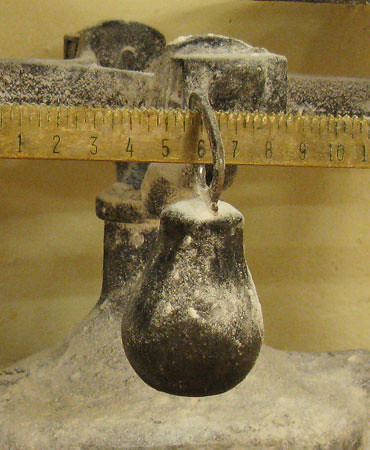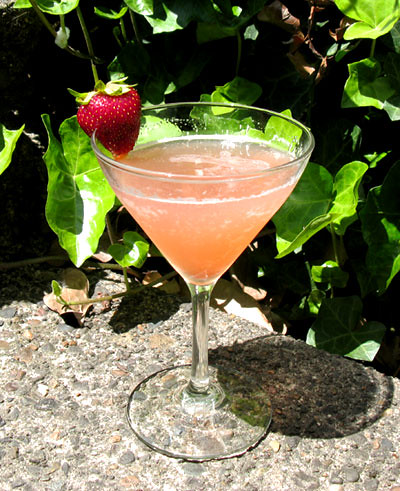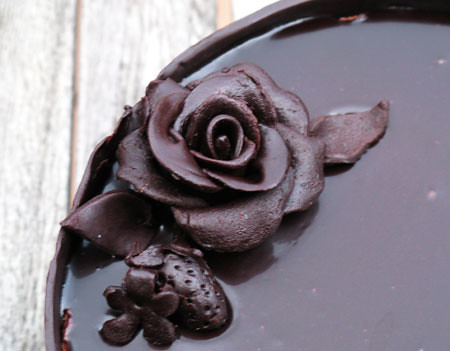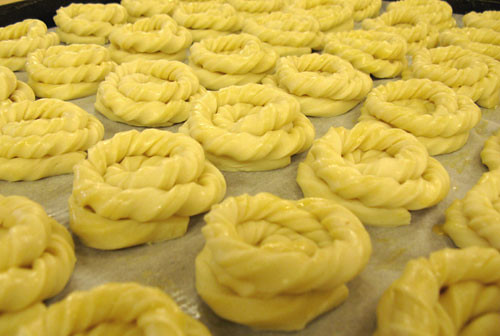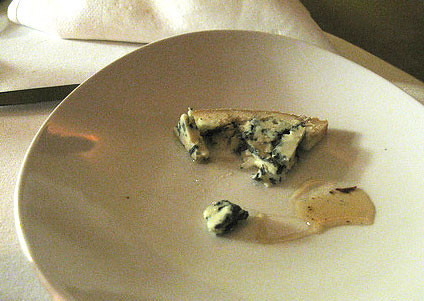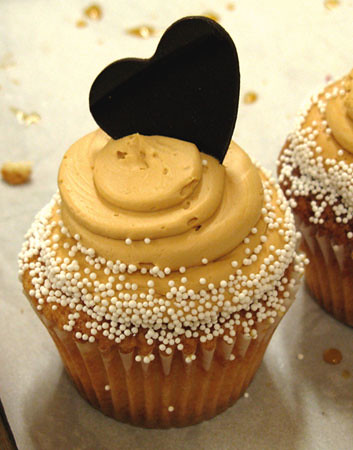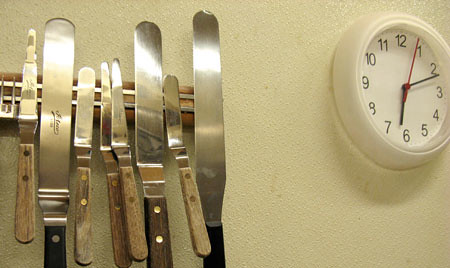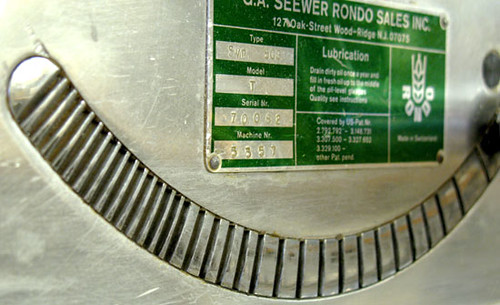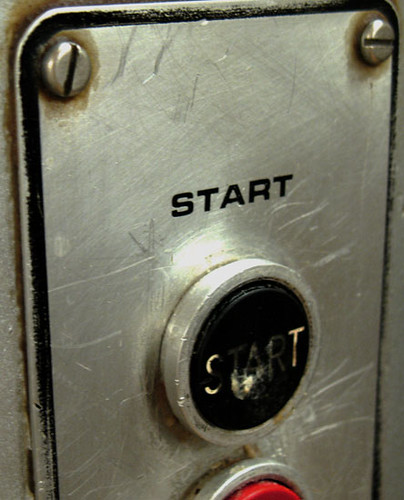 I kinda feel like I have made pie crust for a statistically significant portion of Portland area households having Thanksgiving dinner. This is hyperbole, but what I have done still surprises me given Pies I Have Known.
I kinda feel like I have made pie crust for a statistically significant portion of Portland area households having Thanksgiving dinner. This is hyperbole, but what I have done still surprises me given Pies I Have Known.My first experiences with pie crust were not, of course, my own, but my family's crusts. My mom made pies often, her apple crumb pie a vivid, mountainous memory and the crusts were distinctly undercooked. I loved them that way, soft, pale, laden with apple goo. They did not hold up well on their own, and she never made pies with a top crust. I wonder why.
When I was in college I had a cooking buddy, Amanda. We were a good match because she baked, and I cooked, and neither of us was exceptionally good at the other. Both of us were convinced we had found our specialties. I don't know how her cooking is now, but my baking has improved. She would talk about flaky pie crust, offering suggestions about the importance of cold, refrigerating the bowl. I tried this, and found some improvement, but not enough to warrant regular pie baking.
As I started exploring cooking, I went through a quiche phase. Why quiche? I love eggs, I love stuff mixed with eggs, and had not yet heard of the existence of a frittata. The Silver Palate books suggested pate brisee, my first all butter crust. Holy crap that was good. Having grown up with salt free crisco crusts, it was nice to see the crust could have a flavor unrelated to the filling.
When I started getting serious about cooking, I picked up Harold McGee's masterwork On Food and Cooking. In the continuing efforts to avoid gluten formation, he detailed how to add the ice water, and the importance of letting the dough rest. Now I was getting somewhere.
I didn't make a properly cooked pie crust until I went to pastry school. School, for me, was a great deal of relearning the things I already knew but knew wrong. I learned where pie was concerned, you shouldn't taste raw flour in the crust. That it should have real deep color, because the color also will indicate flavor. Oddly revelatory.
Then came real production. I stopped looking for a perfect homogenous mixture knowing that was the worst thing that could happen. I actually could see how marbling of the butter in the top crust made for beautiful browning, and how a little too much mixing could make a crust shrink and deform. My crust mix looked a lot like my rough puff pastry and in some ways acted like it as well, water creating steam in the bake, causing those sought after layers.
I'm still learning pie crust with each batch. I've made about thirty batches this month, which works out to somewhere around 400 pies. Just me. Scaling, mixing, rolling out and cutting. It's all butter, with salt, kept cold, mixed just enough, rested before rolling. I don't do the baking, but the folks who do know what it means to bake it all the way.
While I've been busy with the crusts, our sous chef has been busy with the filling and forming, perfectly crimping crusts, piling fruit high. I asked her if she ever made pie at home. She said yes, but she never made crust, she just took home some from the bakery.
Not bad for someone who didn't manage to mix a decent crust until she was in her 30s.




